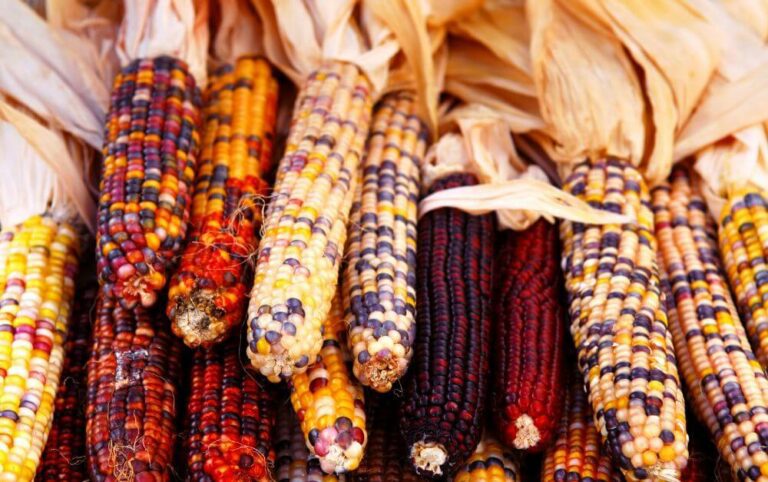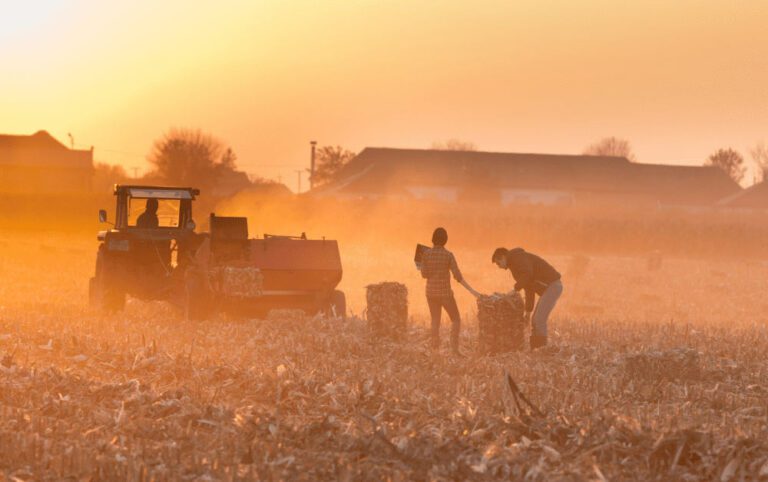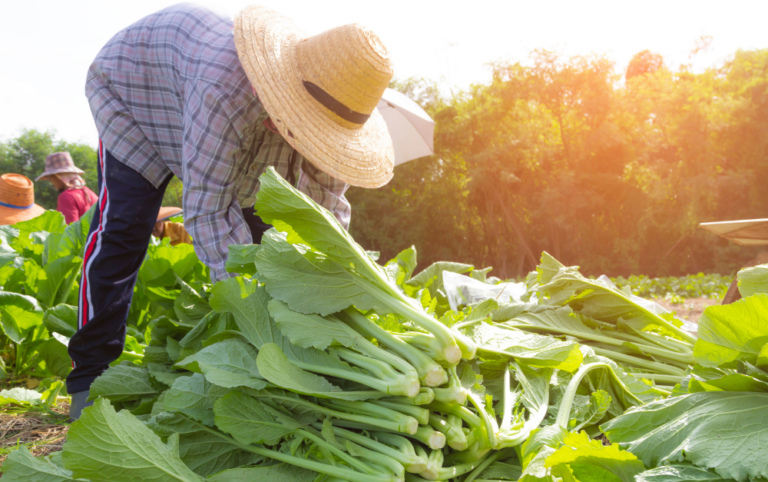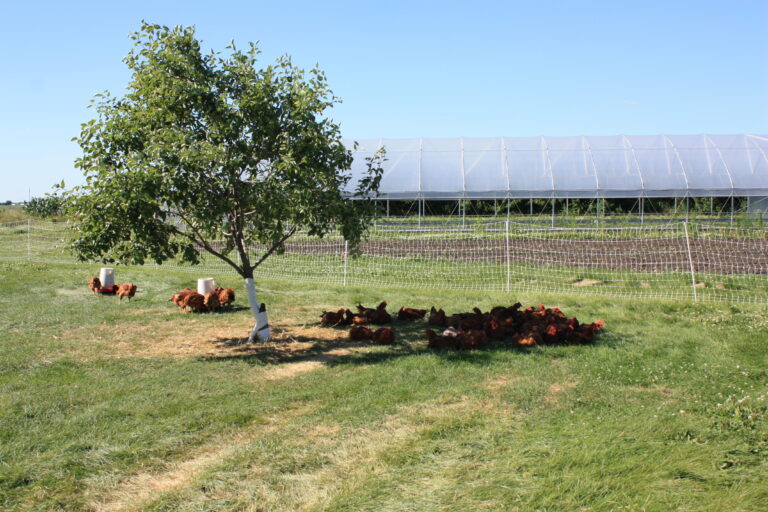On April 1, 2024, Mexico was set to follow through with its 2020 commitment to ban the toxic herbicide glyphosate (the active ingredient in Bayer’s Roundup in the USA and Faena in Mexico) by 2024. When the plan to phase out glyphosate and genetically engineered (GE) corn was originally laid out, Mexico’s government cited the purpose of the new policies as “contributing to food sovereignty and security” and the health of the Mexican people, as well as protecting native corn from contamination by GE pollen. Glyphosate is a pervasive herbicide frequently used on corn and other commodity crops, and genetically engineered corn is often modified to—among other things—be resistant to glyphosate.

News & Analysis
About every five years, the U.S. Congress passes the biggest set of food and farming policies that define the majority of federal farm, food, nutrition, and rural economic programs. At a cost of about $440 billion over five years, these programs influence: What is grown; who grows it; how it is grown or produced; what is done with those products and where they are sold; who can access and afford those goods; and how we invest in rural communities.
By supporting good legislation, opposing bad legislation, and building up a network of supporting organizations, it is our hope that we can collectively move the needle on farmworker rights in the right direction.
Watch and listen as two experienced farmers share stories and practical approaches for small-scale, diversified farms that use the principles of agroecology. This discussion may provide you with ideas that small farms where you live can adapt and thrive.
After many long days of negotiations, the U.N. Environment Programme (UNEP) made a historic move for safer food and farming by passing a resolution on highly hazardous pesticides (HHPs) that calls for action to globally phase out the use of the world’s most toxic pesticides by 2035. Tied with this resolution was the passing of a mandate for UNEP to implement this commitment by forming the Global Alliance on HHPs.
PFAS are persistent and have the potential to affect human health for many years. Some pesticides have PFAS in their formulations and others leach PFAS from their containers.

It’s true. Pesticides are harming our children.
May 10, 2016
The science is in. Our food system’s continued reliance on pesticides is putting children’s health at risk. Kids across the country are exposed in various ways, but those who grow up in agricultural areas often face a “double dose” of pesticides from nearby fields. Rural

Who owns our food system?
April 21, 2016
We’ve been hearing rumours about possible mergers between pesticide/biotech corporations for a while now. Will Monsanto buy Syngenta? Or Bayer? Will the “Big 6” become the “Big 4” or “Big 3” — or perhaps one corporation to rule us all? As the growth in some
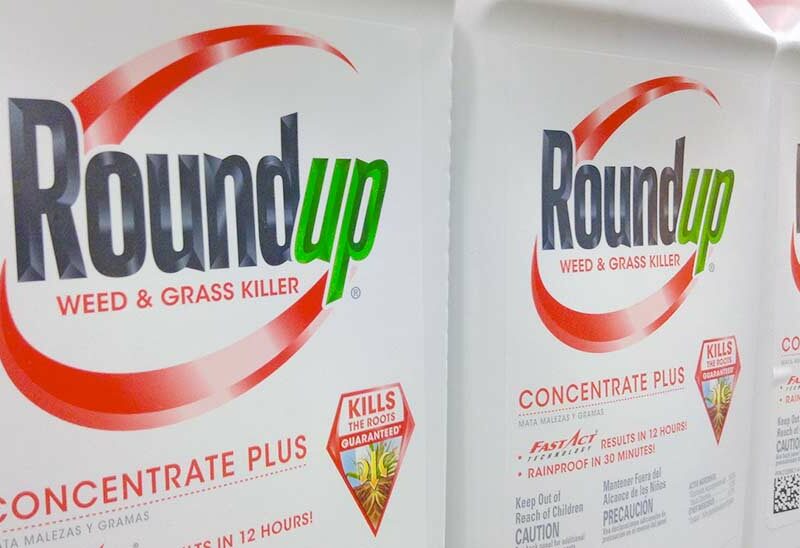
France (partially) pulls the plug on glyphosate
April 21, 2016
Earlier this month, France’s health and safety agency announced plans to withdraw authorization of herbicides containing both glyphosate and the additive tallowamine. As reported by Reuters, a spokesperson for the agency said: “It is not possible to guarantee that compositions containing glyphosate and tallowamine do
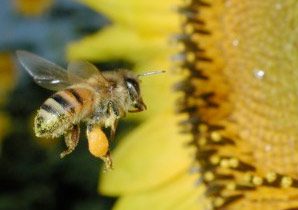
Have you heard the latest bee buzz?
April 21, 2016
Yesterday, the “Pollinator Protection Act” took a big step forward in the California legislature, moving closer to becoming state law. This is just one of many positive developments for bees in recent weeks.
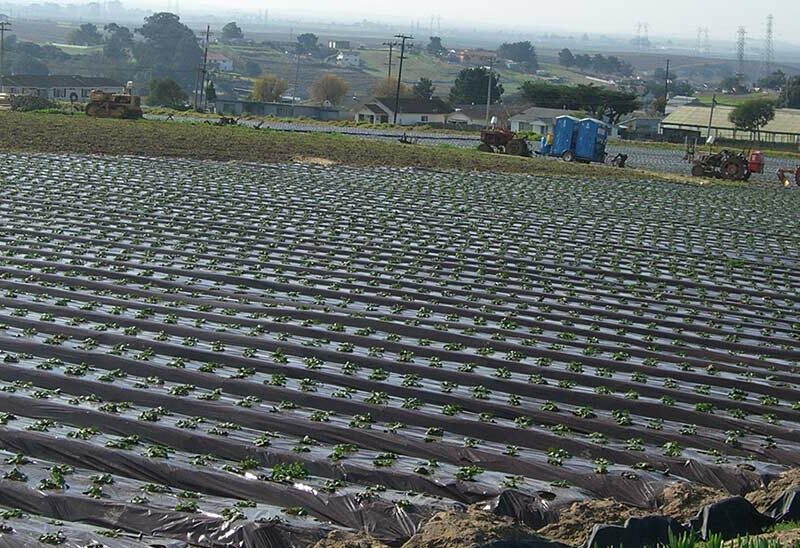
Guess what?! Strawberry pesticides are in the air.
April 7, 2016
What’s being applied on the strawberry field next door? For many Californians, the answer is a big question mark. And the issue has taken on added significance as state officials consider how best to answer that question — and then inform parents about the health-harming



